EVER wondered when you buy food, supplements or pharmaceuticals that it might have an adverse consequence for animals? Could there be an equine angle? You might eat farmed salmon fed on zillions of tiny fish trawled from ocean bottoms; feed your horses (or yourself) a chondroitin joint supplement derived from shark cartilage; or drink wines filtered through fish bones, as many are. Perhaps you don’t much care about sea-life!
How about mammals? You might wear cosmetics containing allantoin extracted from a mammal’s placenta; or smoothe your wrinkles using botulinum toxin tested on lab animals. Are these sustainable practices which leave a positive legacy for those coming behind?
And what if the species were equine - would that make a difference to you? We slaughter horses in Ireland for export and consumption abroad; you may have consumed some during the ‘horse-meat scandal’ or as salami overseas; you may not have known. Many adopt a pragmatic approach to this trade:
Learn more
You might be taking HRT containing hormone extracted from the urine of stall-tied pregnant mares. You might be a pig farmer increasing sow fertility using PMSG (also known as eCG) produced from mares bled while in early pregnancy, often kept in dreadful conditions and aborted repeatedly so as to be made pregnant over and over again. If you’re prepared to learn more but also be shocked, then look under ‘blood farms’ at the Animal Welfare Foundation: animal-welfare-foundation.org/en/investigations/projects.
Ever heard of ejiao, a traditional Chinese medicine made from donkey skins? The trade in donkeys to harvest their hides is horrendous in its effects. It is known to:
Much more from The Donkey Sanctuary can be found here: thedonkeysanctuary.org.uk/end-the-donkey-skin-trade. Unintended consequences
This is not to say that we can live without a footprint on the world (impossible!) or should adopt a ‘Holy Joe’ (pun intended), sack-cloth-and-ashes stance, lecturing others at all times – how boring! But perhaps be more aware of the unintended consequences of what we consume? Maybe assess the real harms as well as be honest about the actual benefits. And look to balance better than previously we did?
Our generation might need to be the first to recognise that we can’t keep consuming blindly without future harmful effects. Have we had our share? Sustainability can be defined as: behaving now in a way that does least harm for the future – for humans, animals and the environment we all share. Or more succinctly as; enough for all, forever.
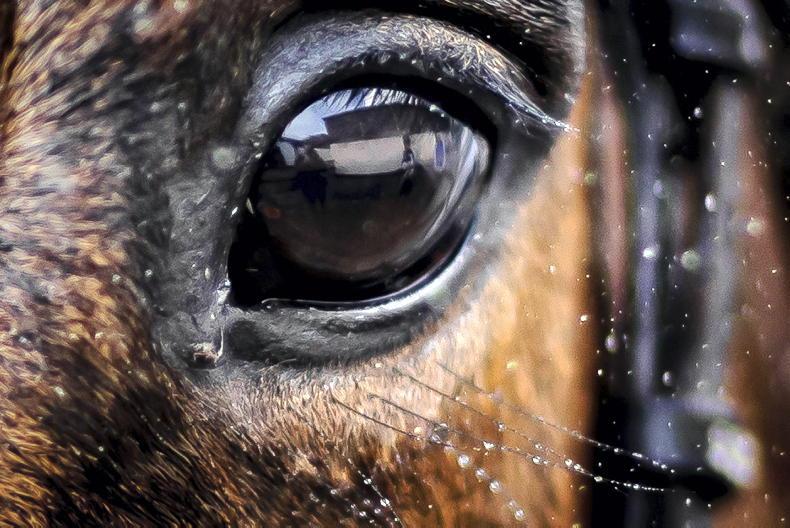

 This is a subscriber-only article
This is a subscriber-only article
 It looks like you're browsing in private mode
It looks like you're browsing in private mode





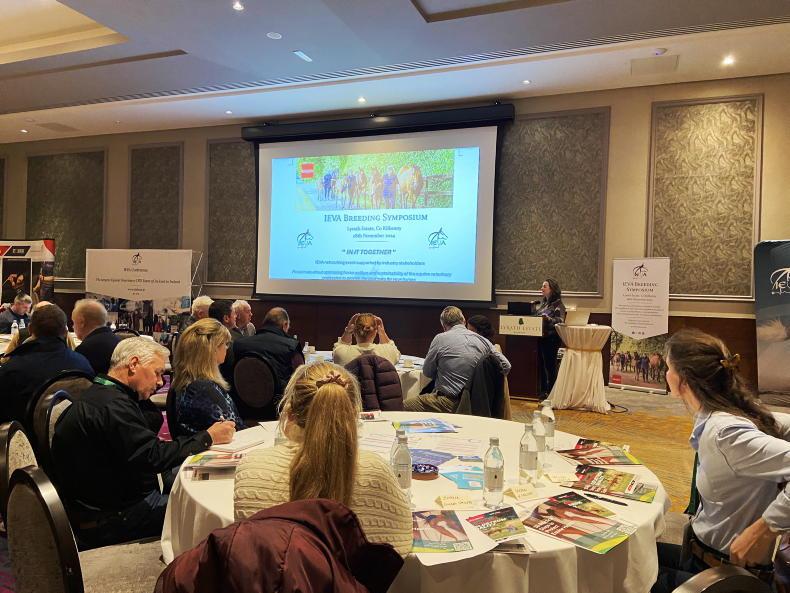
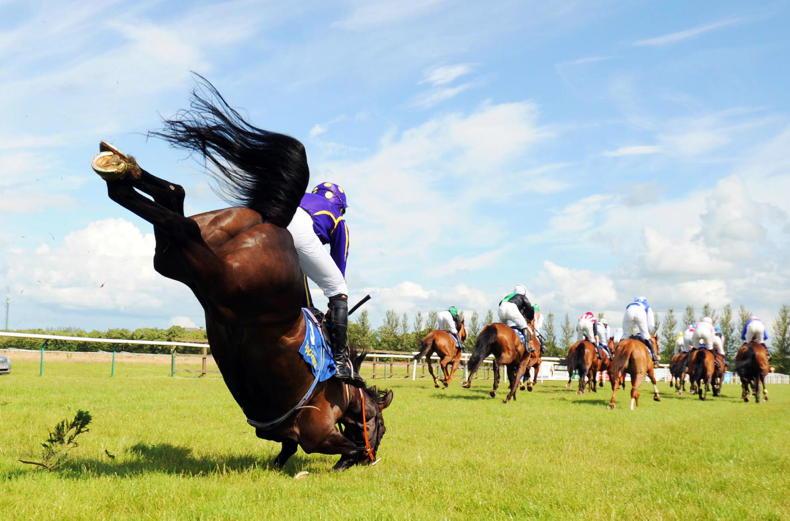
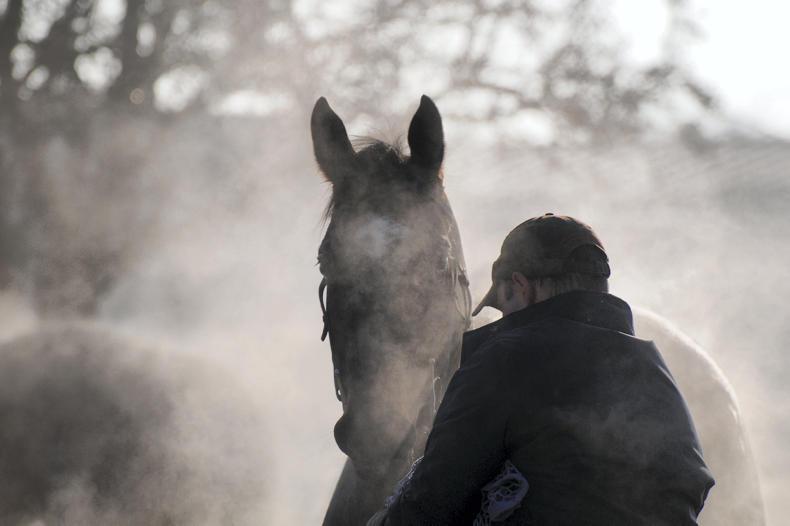

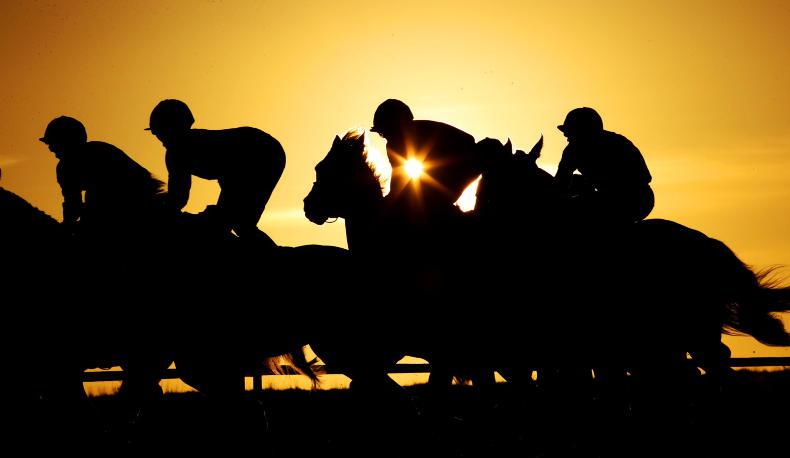
SHARING OPTIONS: